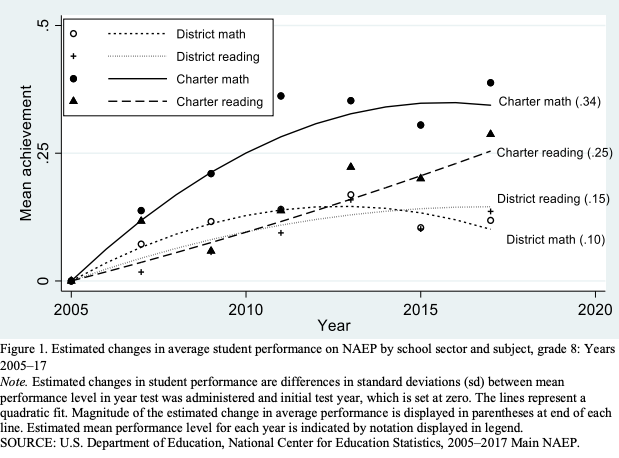Need to know: COVID-19
- As of noon on Friday, September 11, there were 182,286 confirmed cases. See cases by county here.
- The share of positive tests as a percentage of total tests has dropped to 5.3%.
- 938 people were hospitalized with ~21% of ICU beds available.
- From March 15 to September 10, 1,274,916 North Carolinians have filed unemployment insurance claims. The state has paid 885,656 claimants.
Dropping knowledge (literally)
The OECD released a working paper this week that estimates students in grades 1-12 affected by the school closures due to COVID-19 may have 3% lower income over their entire lifetime as a result of learning losses from the closures. That could translate into an average 1.5% lower annual GDP for the rest of the century, the report states. And, those losses will be larger for disadvantaged students and will grow the longer kids are not in schools.
The report paints a grim, if not surprising, picture of the impact of the pandemic on learning. This sentence stuck out to me:
“Just returning schools to where they were in 2019 will not avoid such losses. Only making them better can.”
The authors warn against suspending standardized tests this year, as that will leave schools will less information on learning losses. They provide two recommendations:
- Given the amount of virtual instruction, schools should look to prioritize students’ access to teachers who are the most effective at virtual learning.
- Given the unequal learning happening during this time, schools should embrace more individualized learning for all students.
For your consideration
A new study out of Harvard analyzes trends in charter and district student performance on the National Assessment of Educational Progress (NAEP) from 2005-2017. The study looks at average NAEP scores for charter and district cohorts on the fourth and eighth grade math and reading scores and finds that since 2005, the average scores of students at charter schools increased more rapidly than students at district schools, with gains highest for Black students.

It’s important to understand what this study shows and what it doesn’t. As the authors note, they cannot make the causal claim that attending a charter school increases student achievement compared to attending a district school. That is because:
- The study is comparing different cohorts of students over time, meaning they cannot control for prior student performance. If more proficient students are attracted to charter schools over this time period, that could explain the results.
- They cannot rule out that other unobservable characteristics of the students are causing the results because they aren’t comparing apples to apples.
What we're reading
America Is Trapped in a Pandemic Spiral
As the U.S. heads toward the winter, the country is going round in circles, making the same conceptual errors that have plagued it since spring.... Read the rest-
Tuesday, and After
-
It’s Not Easy to Get a Coronavirus Test for a Child
-
Who are NC’s new voters? A 2020 update
-
When schools reopen, we may not have enough teachers
-
The Flagrant Hypocrisy of Bungled College Reopenings
-
‘Certain streets are designed to kill’: How U.S. roadways target minorities and the poor


